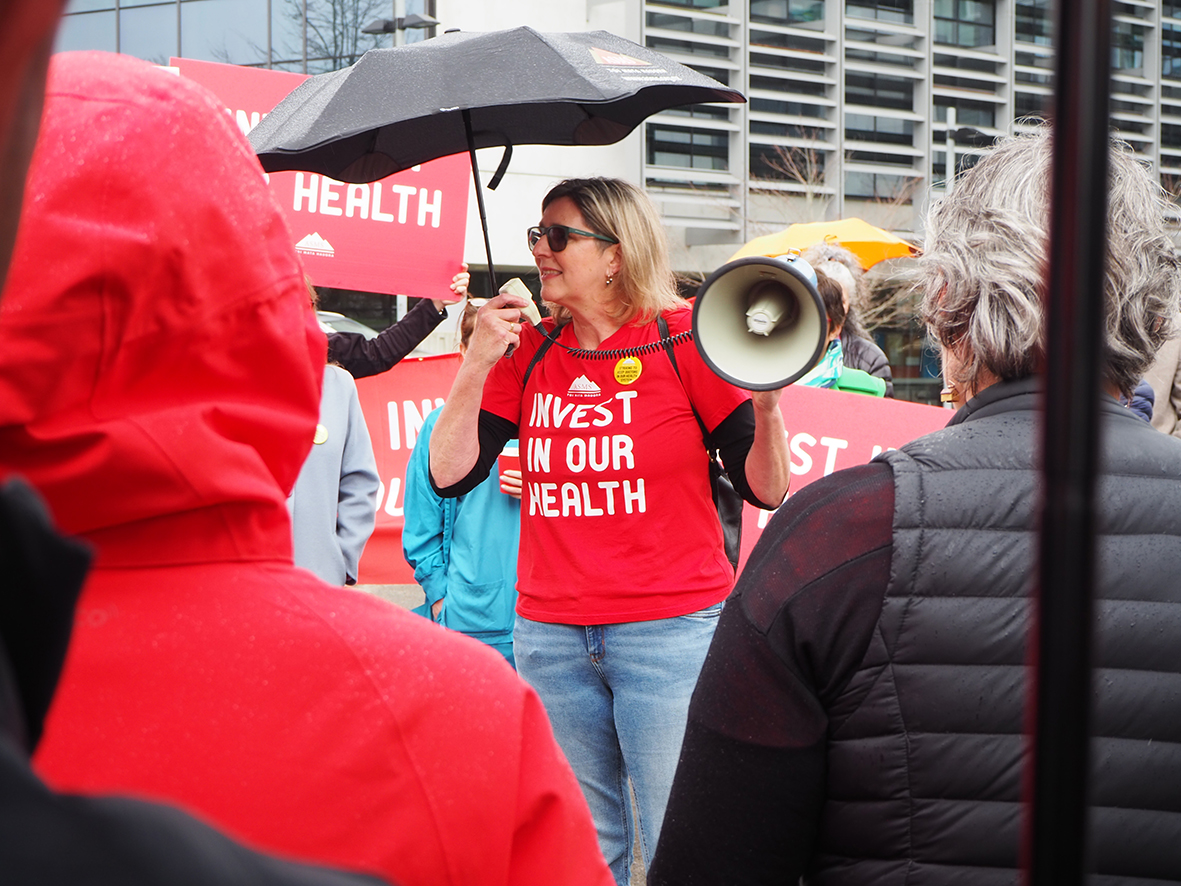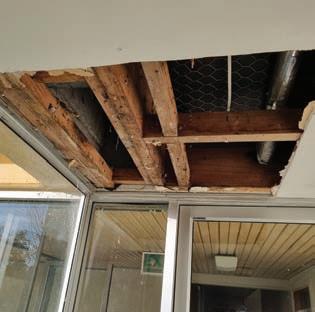
3 minute read
ALL THE JOY HAS GONE
SARAH DALTON, EXECUTIVE DIRECTOR
Last month ASMS launched our latest member survey focused on ‘other employment’. It’s part of our focus on workforce (and also on the public–private divide). It seeks to understand what influences some of you to leave Te Whatu Ora and explores some of the things that make it harder to work in our public hospitals. As well as providing statistical data, this survey also provides a rich vein of qualitative feedback that should help your employer and health funders understand how tough things are in public medicine.
As one surgeon put it: “I do not want to see people in clinic and tell them an operation would help but they can’t have one.”
Another SMO notes, “The RMO shortages are a nightmare and then all the work is left to us, and they argue about paying additional duties. All the joy has gone, there is nothing nice about coming to work anymore. I am actively looking for alternatives.”
Meanwhile, another SMO shared pictures of their non-clinical workspace. They are desperate not to lose the workspace, but equally concerned about the health and safety risks it poses.


This is the unhappy tale of working life in many New Zealand hospitals, right now.

No wonder increasing numbers of SMOs are fleeing over the road, or over the ditch… “Specialists are more valued in private. There is more recognition and appreciation of your skill, years of training and expertise, and this is reflected in how you are treated and dealt with … Being disrespected [in the public sector] while working hard, and to the detriment of yourself and your family, wears thin in the end,” says another member.
Yet another notes, “I work a shift with no registrar and the stress of having 20 [patients] a day leave without being seen is wearing me down. I’m thinking of just doing locums in Australia myself.”
What would help to keep SMOs in our public system, and what might attract some back?
According to our data, the top three items are remuneration, staffing levels, and resourcing. This list will be no surprise to you.
Mixed up in the remuneration debates are staffing levels and workload. Almost every service is short-staffed. Many, critically so. How do we attract the staff we so desperately need when workload is heavy and remuneration is comparatively poor, when RMOs are heading overseas with no intention to return, and when those who stay are rewarded with a pay cut in their first specialist post?
Recruitment is a dog’s breakfast, and the kind of sustained investment, supported by intelligent decision-making, that is needed to provide great secondary and tertiary hospital services seems a distant hope.
Meanwhile, we have a general election campaign underway, in which health is one of the political footballs being kicked around. We would like to see a maturing of political policymaking where some basics of health care – both investment and entitlements – are agreed. This would mean they’re not up for debate every three years. And maybe, just maybe, then you could focus on getting on with the specialist medical and dental work you were trained to do.


